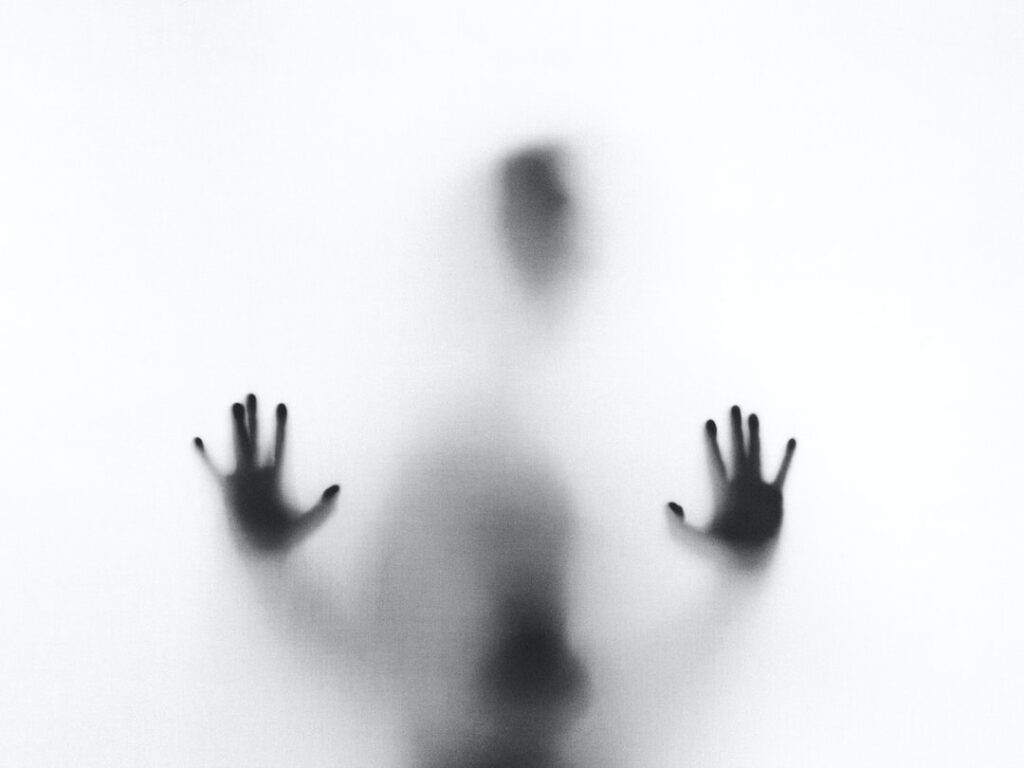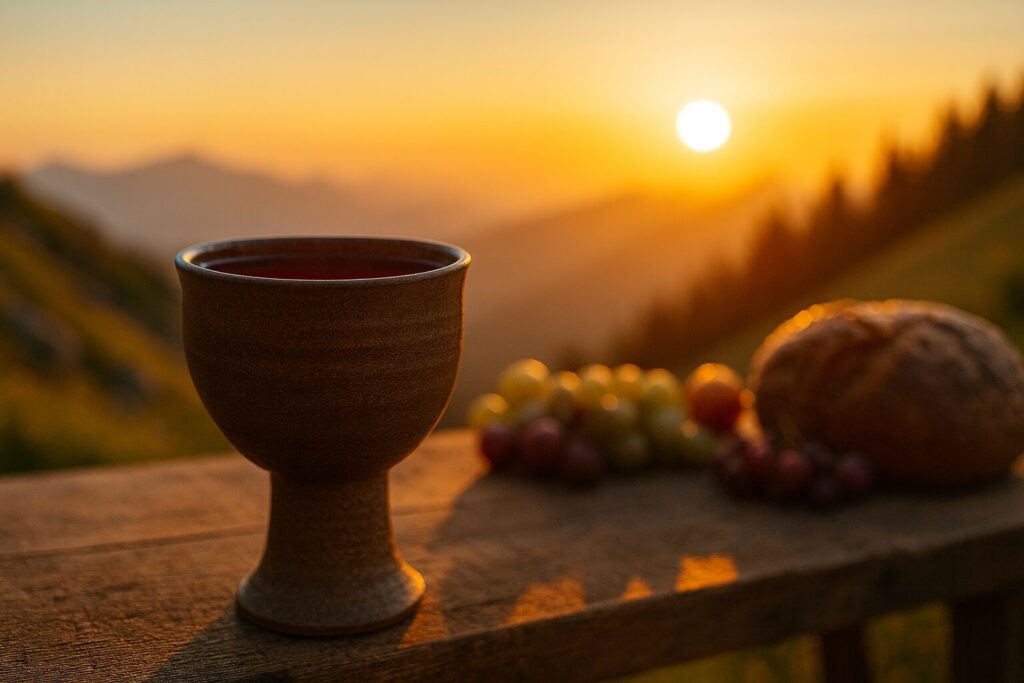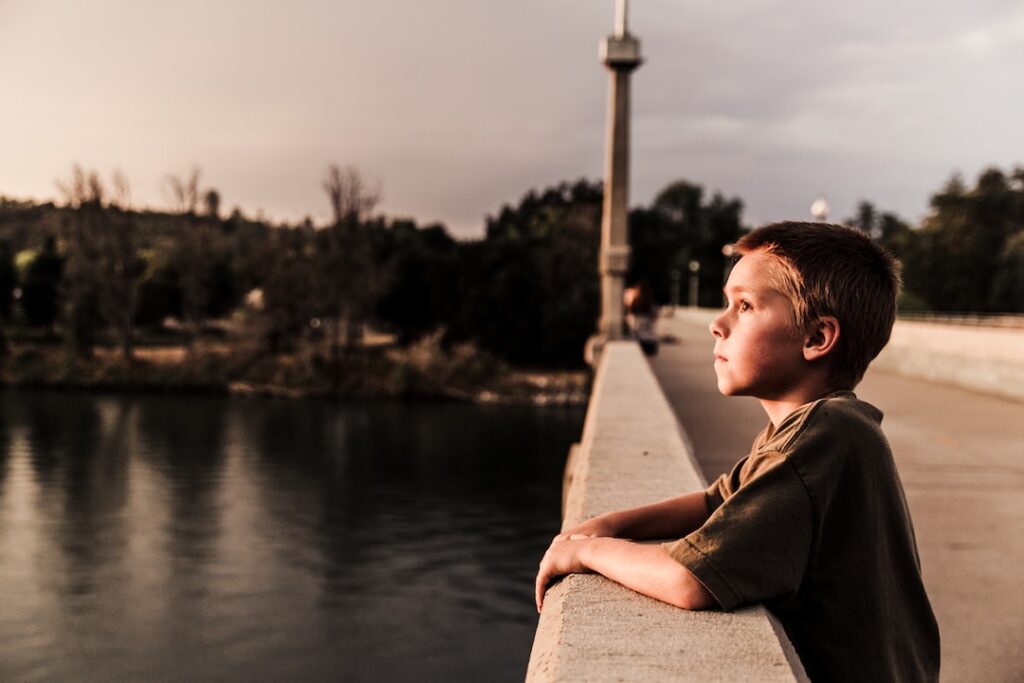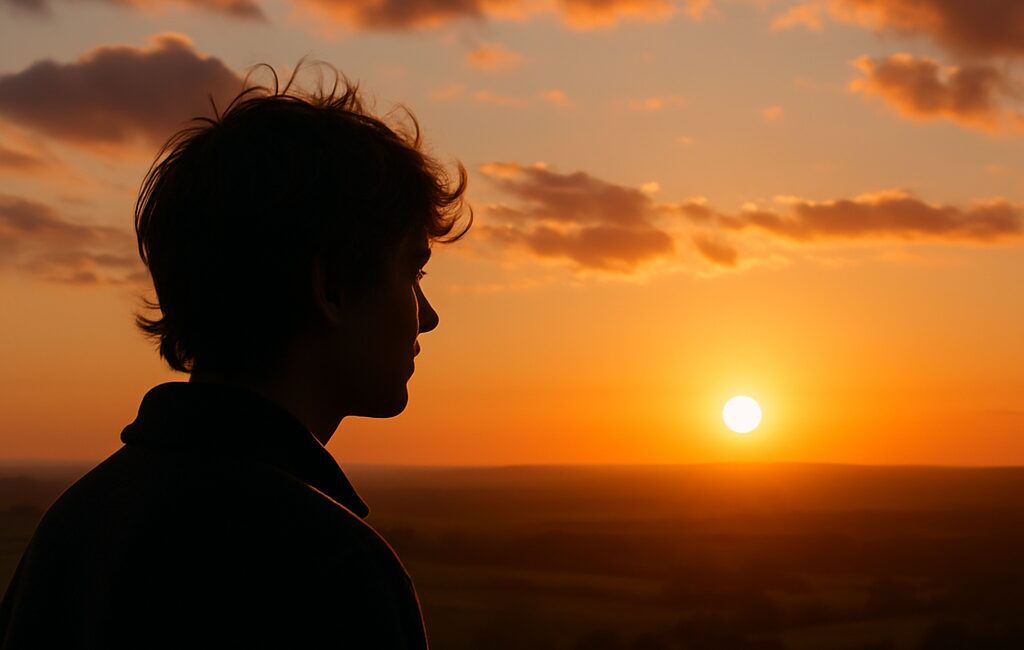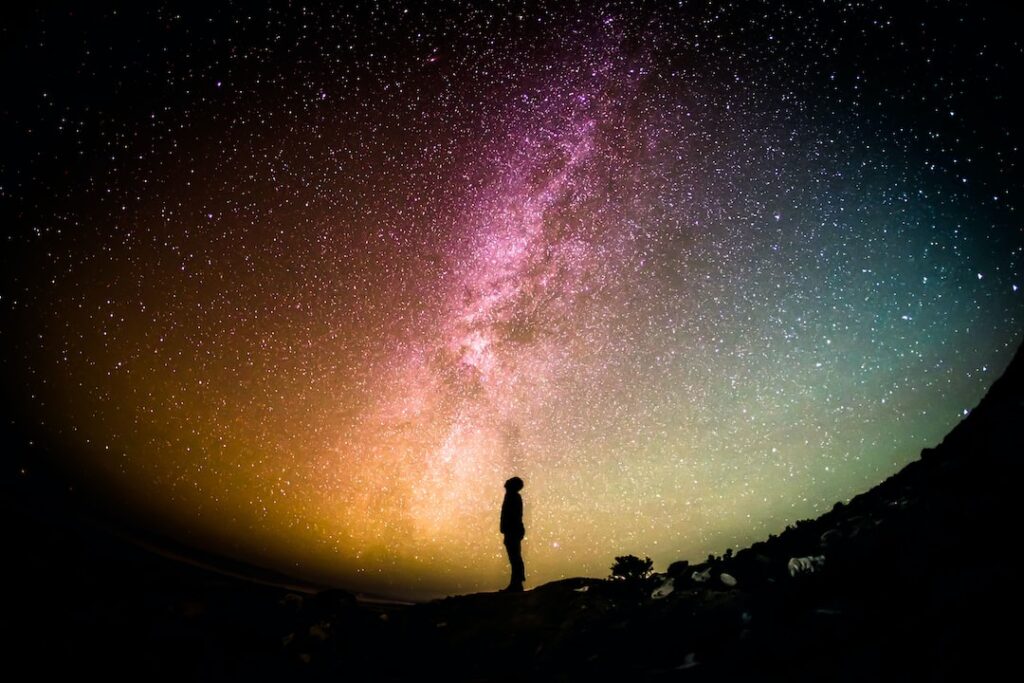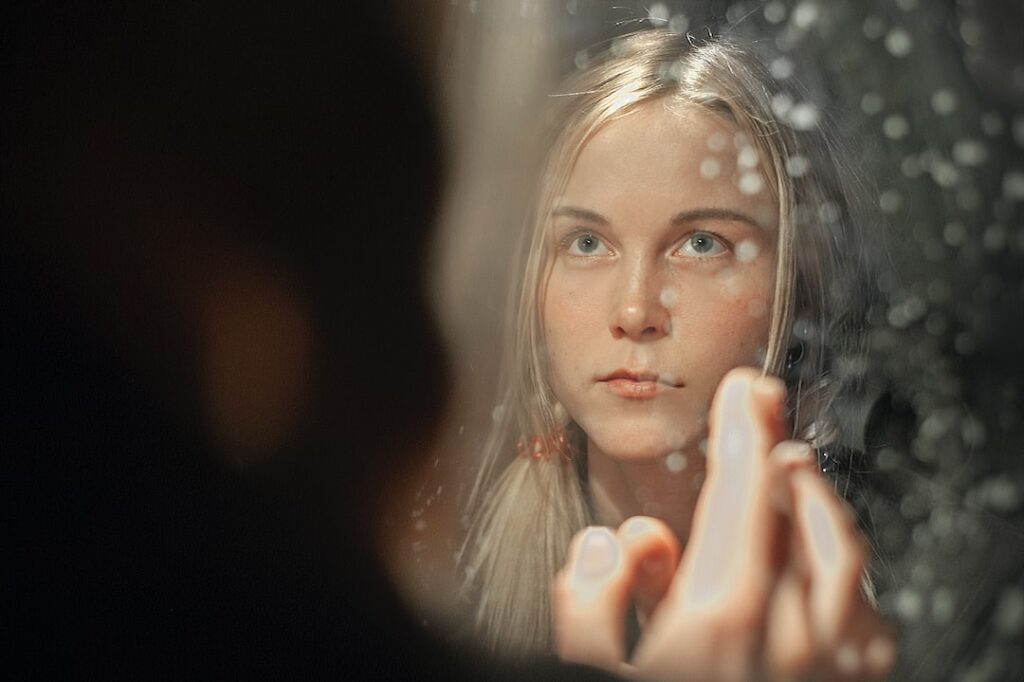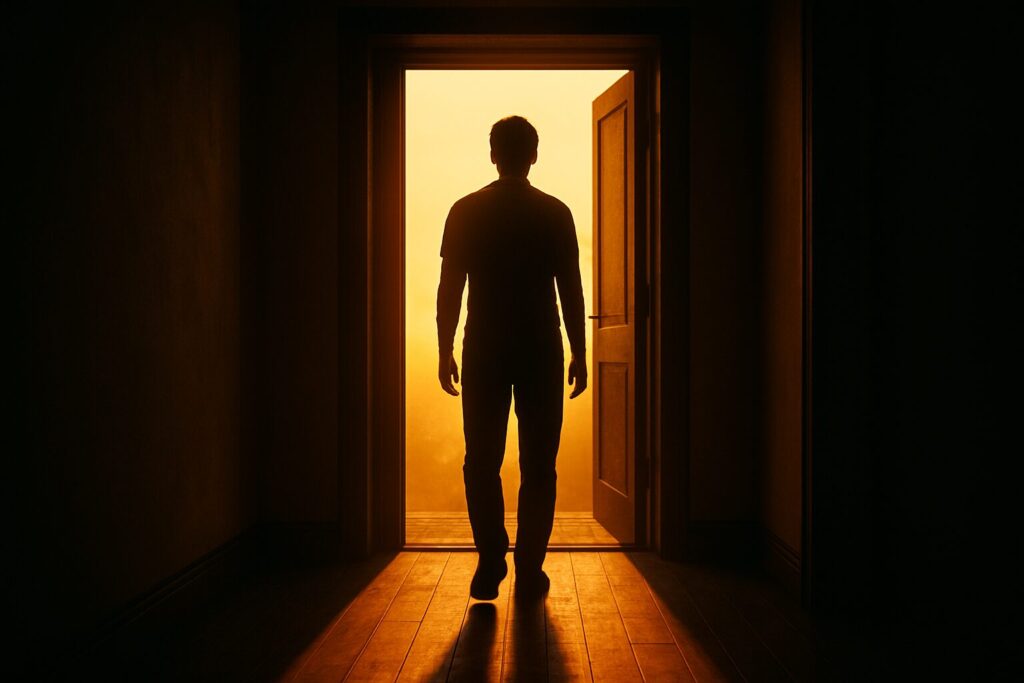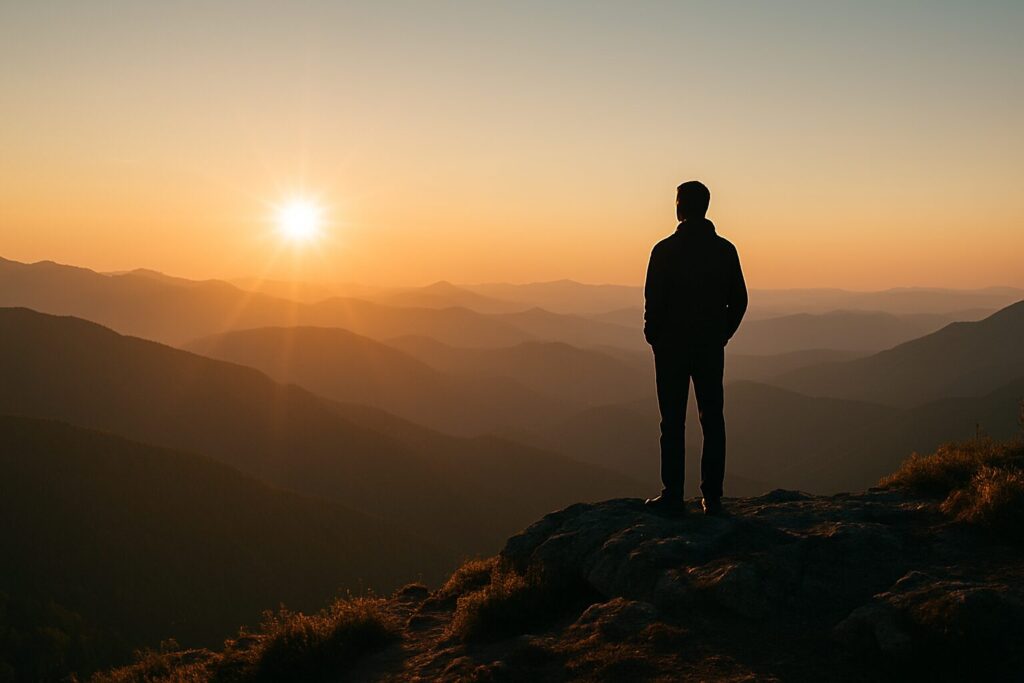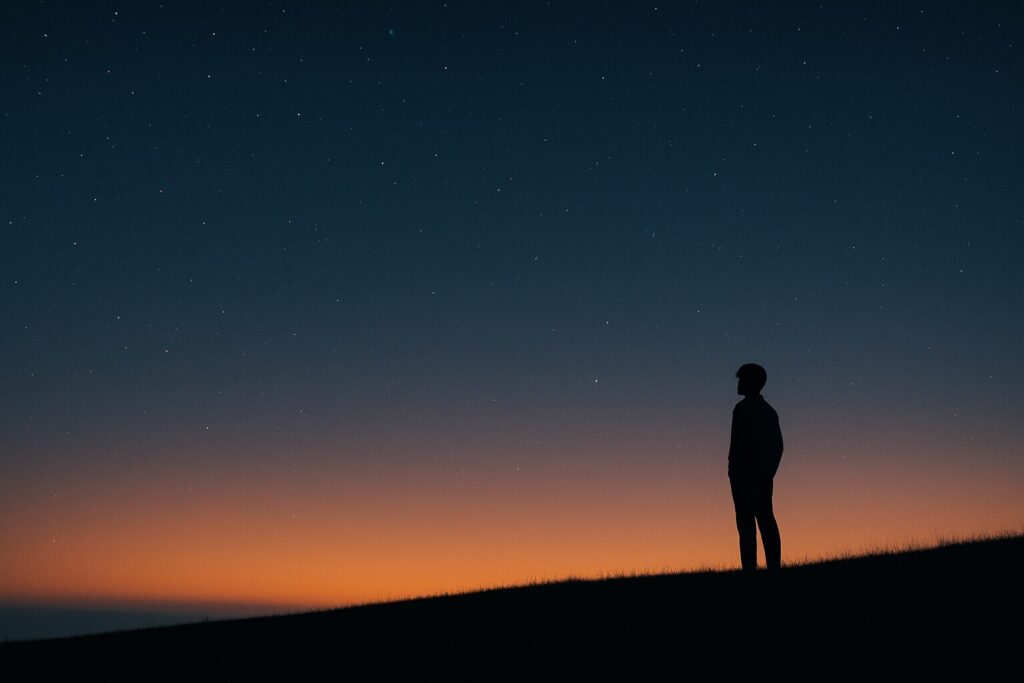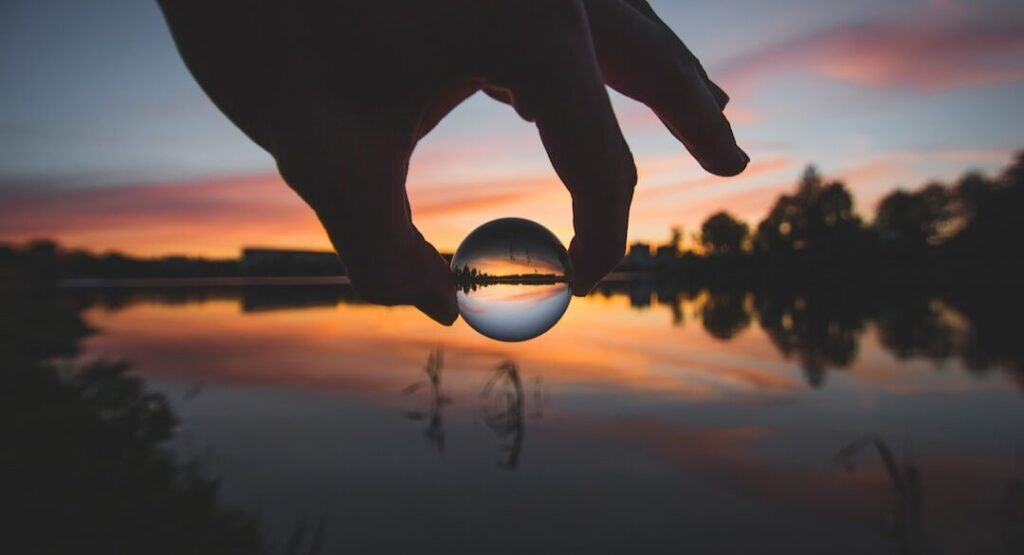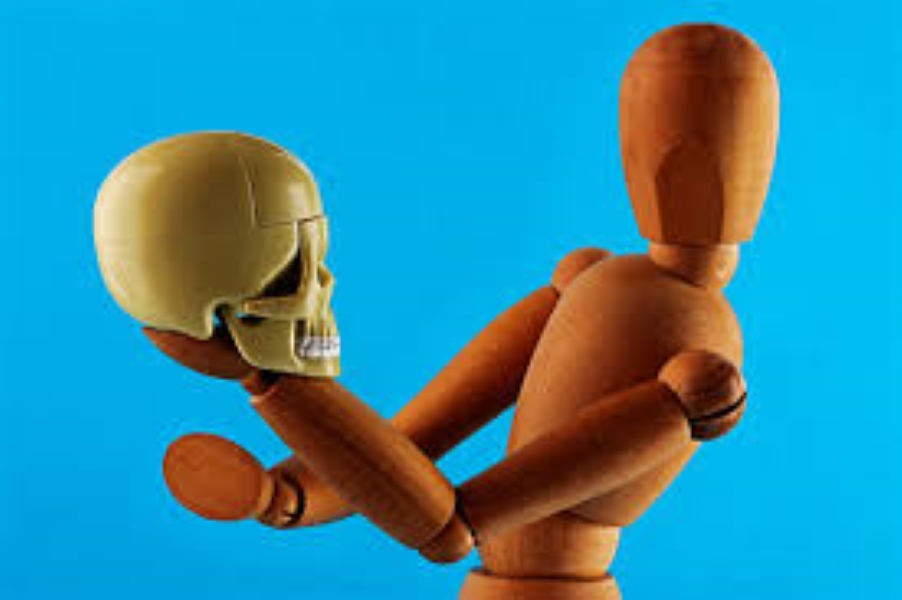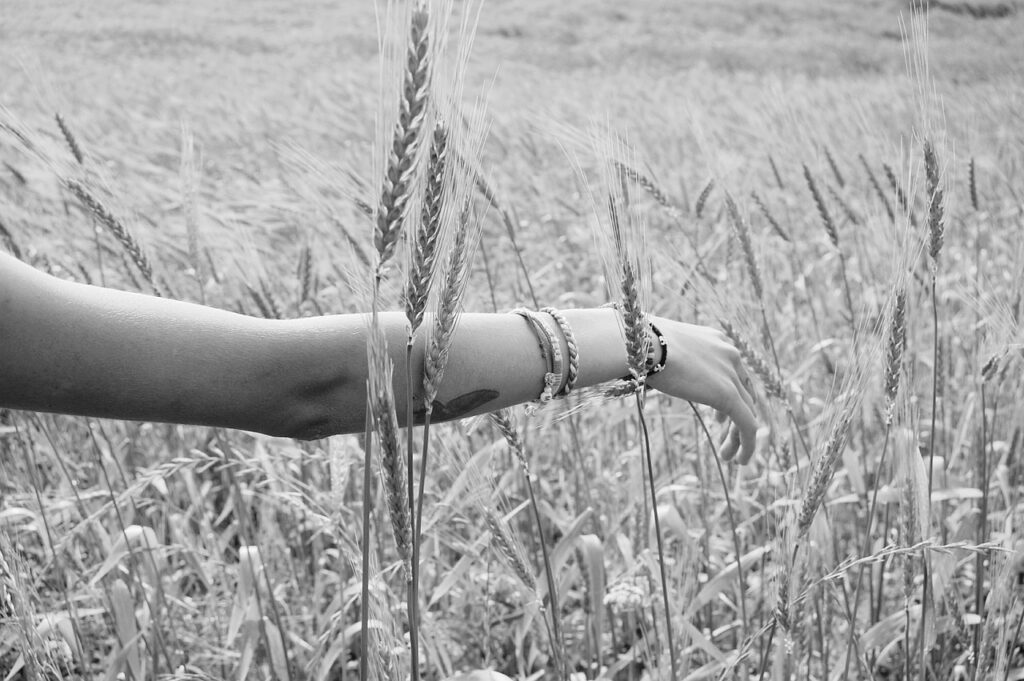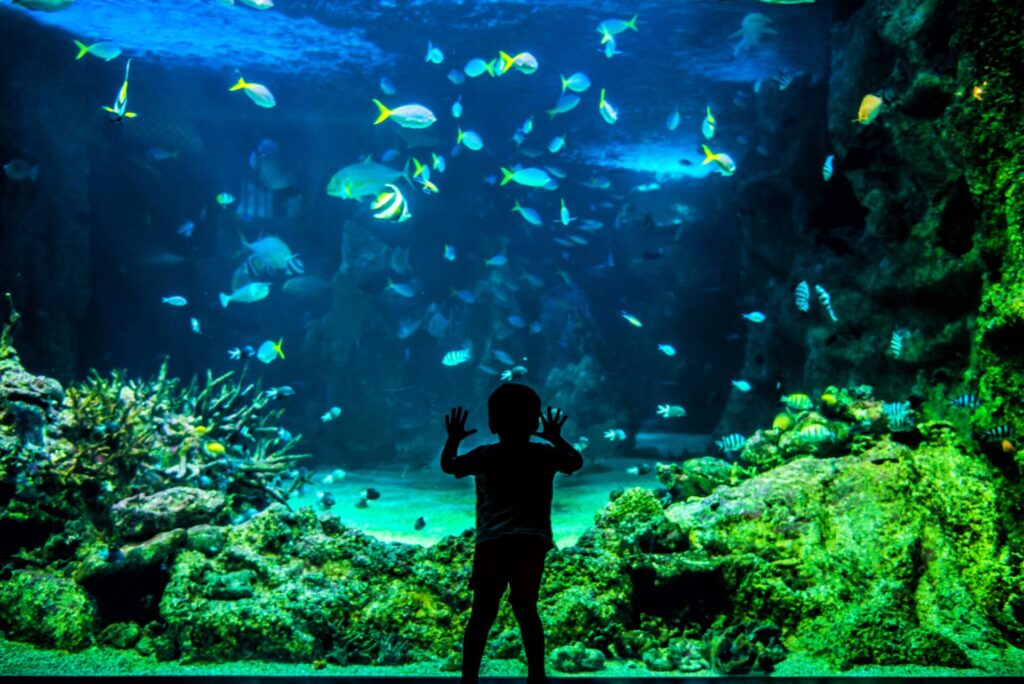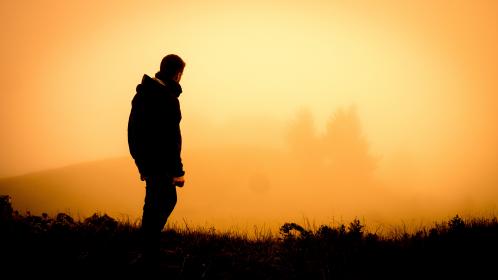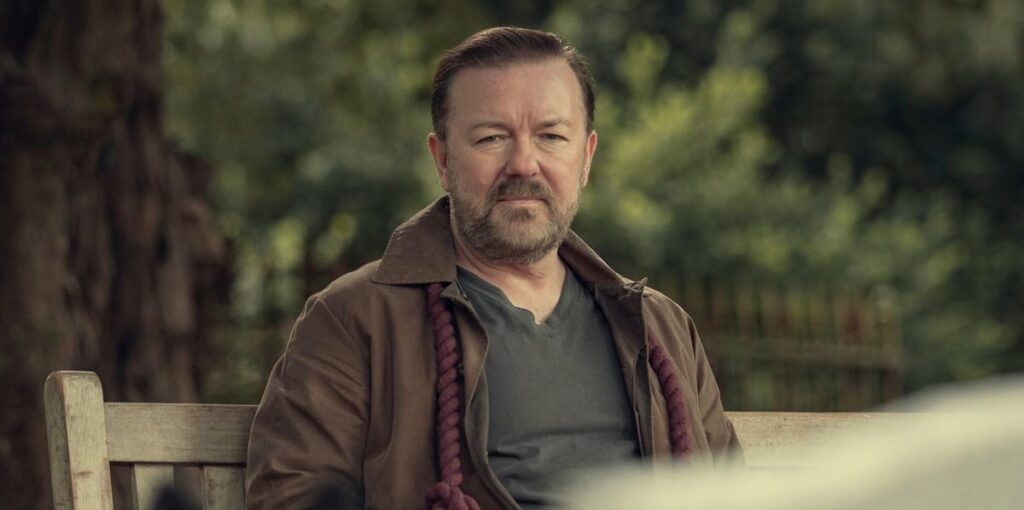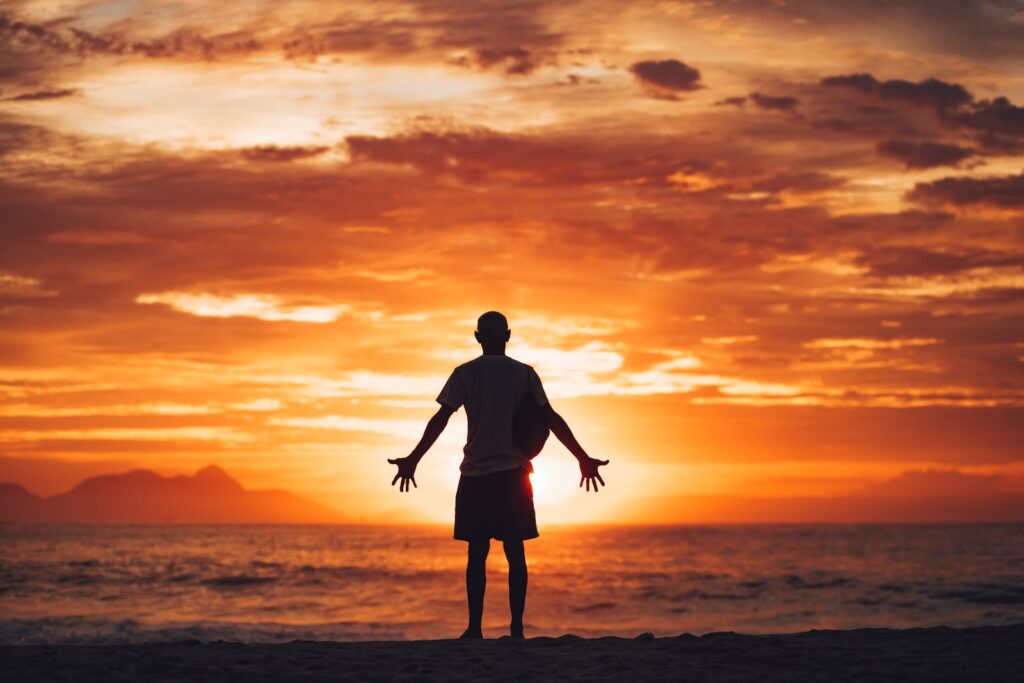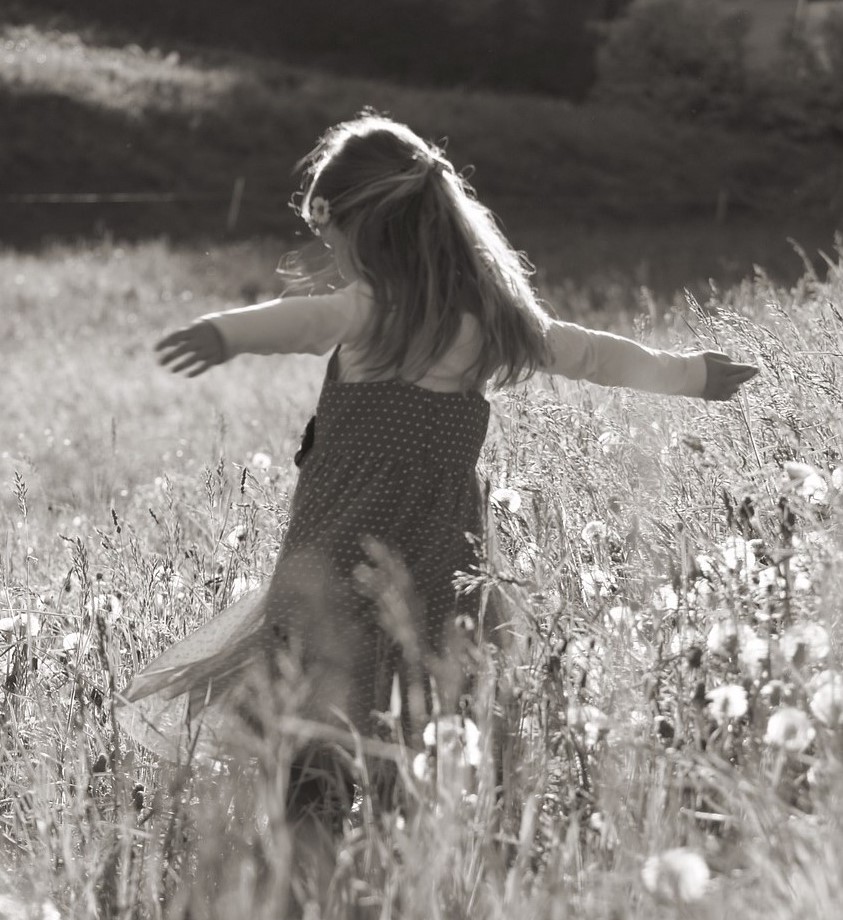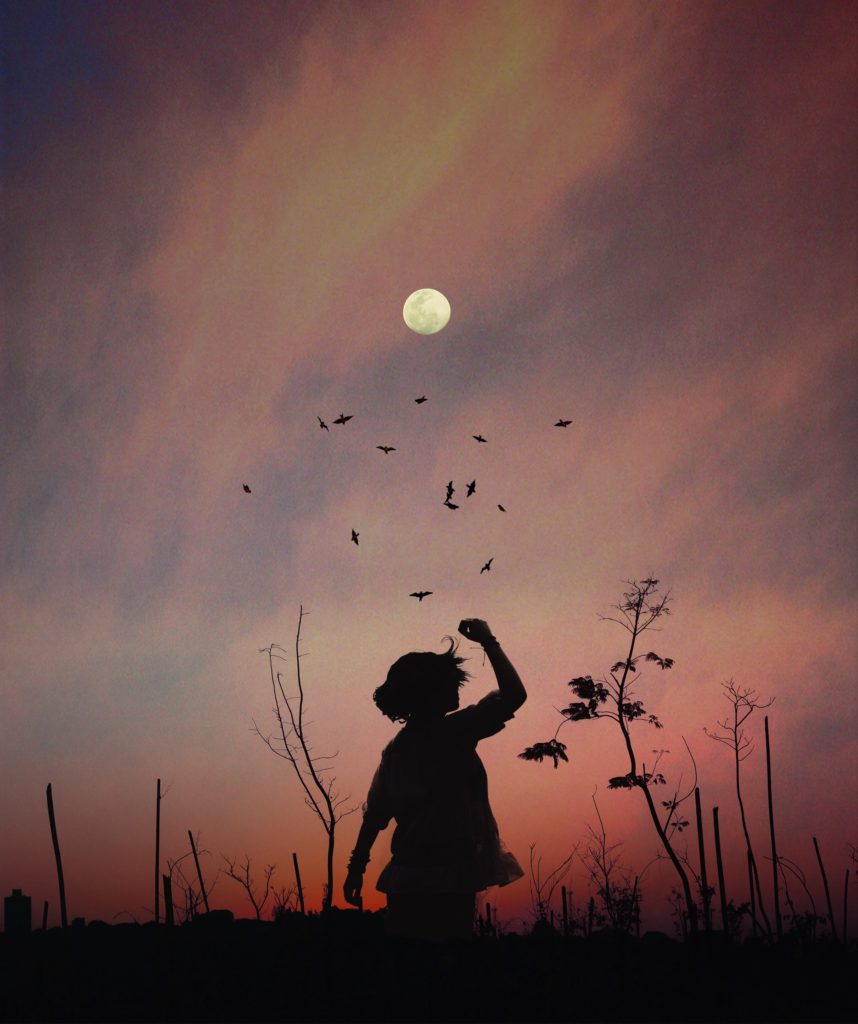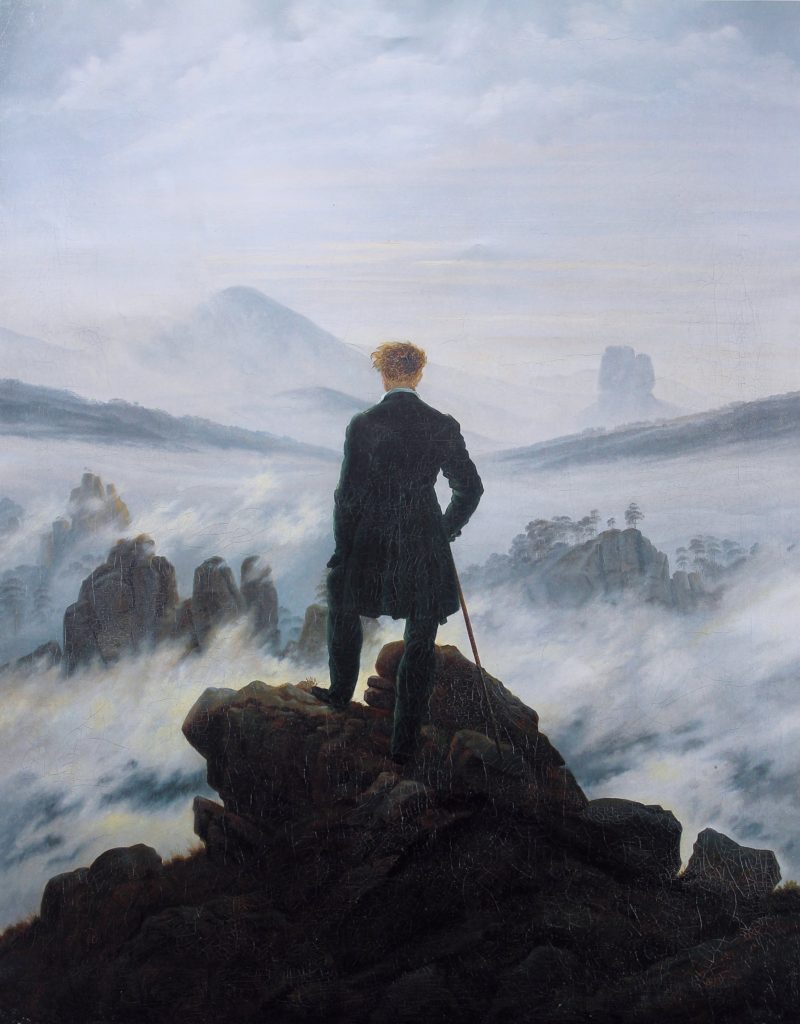Philosophy
On the surface, invulnerability sounds appealing. Who wouldn’t want to be untouchable by pain, safe from sorrow, immune to loss? If we could build walls high enough, armor thick enough, maybe we could glide through life without being hurt. But the dream of invulnerability carries hidden costs. Walls don’t just keep out pain. They also keep out joy.
The Everyday Temptations of Conformity
Conformity appeals to something deep in us: the desire for safety. To walk with the herd feels secure. When everyone is moving in one direction, it’s tempting to go along, even if our heart whispers another way. And conformity can be comforting — for a while. To nod when others nod, to dress how others dress, to choose the path already mapped. It spares us conflict. It saves us from questions. But it also dilutes us.
Authoring Our Own Story
We often think of life as a series of tasks: wake, work, eat, sleep. But beneath the routines lies something deeper: a story being written. Each of us is the protagonist of a narrative unfolding. Our choices are the plot twists. Our values set the themes. Our risks provide the suspense.
Filling Our Cup
Imagine life as a cup placed in our hands. Some cups are long-stemmed, others simple clay. Some are ornate, others plain. We don’t choose the vessel. But we do choose how we fill it. A cup left empty at the end of life is a tragedy. The question is: will we fill it with a rich profusion of experiences, values, and loves, or will we let it stand half-empty, untasted?
Destination and Compass
Every traveler knows the difference between a destination and a compass. The destination tells you where you hope to end up. The compass keeps you moving in the right direction along the way. Life requires both. Without a destination, you drift. Without a compass, you get lost. Together, they give you clarity and confidence for the journey.
Given and Created Treasures
Life hands us treasures in two distinct ways. Some are given: they arrive without our effort, woven into the structure of existence itself. Others are created: they emerge from our own hands, imaginations, and labors. Together, these two streams make up the bounty of being alive.
Human Sentiment
Most animals live by instinct. They hunt, nest, mate, and protect. Humans do these things too, but then we do something else: we seek to understand. And even further, we step back and ask, What does it mean? A wolf may defend its territory, but it doesn’t write songs about belonging. A dolphin may leap for joy, but it doesn’t wonder what joy is for. We are the creatures who not only live, but reflect on life — and that reflection awakens something new: sentiment.
A Personal Mission: Falling Awake to Life
For as long as I can remember, that’s how I’ve felt about life. Not always in the form of bliss or ease, but as a steady undercurrent of awe. Awe at the sunrise over a mountain ridge, at the fact that I get to love and be loved, at the sheer strangeness of being conscious for a while in a universe of mostly unconscious matter. Life, I’ve come to believe, is not just to be lived. It is to be savored.
Life Is a Once-in-Eternity Gift
Every human life is a once-in-eternity chance. The atoms that make you will never again assemble in quite this way. This moment, this breath, this chance to savor existence — it is yours alone. Never to be duplicated. It’s easy to forget. Life’s ordinariness dulls us, its hardships weary us, its routines put us to sleep. But beneath the blur of familiarity lies something astonishing: we exist at all.
The Meaning of Independence
When people hear the word independence, they often picture rebellion. A teenager slamming the bedroom door. A lone wolf snarling at the pack. A hermit cut off from the world. But that’s not the independence I mean. Independence is not defiance for its own sake, nor is it isolation from others. True independence is subtler and more profound: it is the dignity of authorship over your one and only life.
Why We Try
Why do we try? Why do we get up each morning, set goals, chase dreams, fight through setbacks, and reach again for more? The cynical answer is survival. We try because we must: food to eat, bills to pay, routines to maintain. But survival is only the foundation. Beyond necessity lies something deeper: a hunger for meaning, a desire to expand, a refusal to let existence slip by unnoticed. Trying is more than survival. It is gratitude in motion.
Carpe Diem: Seizing Our Time Alive
“Carpe diem” — seize the day. Two words from the Roman poet Horace that echo across centuries. They’ve been carved into marble, printed on posters, whispered in commencement speeches, and shouted from movie screens. It’s easy to dismiss them as cliché. But clichés often become clichés because they carry truth. And in this case, the truth is sharp: our time is short, and the day before us is all we can actually grasp.
Setting the Compass
Without orientation, the adventure dissolves into wandering. You may stumble on some wonders, but you may also waste your days, circle endlessly, or end up somewhere you never wanted to be. Life is like that. Deciding that life is precious — that it’s worth living and savoring — is the first and most important step. But once you’ve made that choice, the next question is: where are you heading?
Why Live? A Realistic Source of Meaning
Albert Camus once said the most important philosophical question is whether life is worth living. Before ethics, politics, or metaphysics, we must decide: why bother at all?It’s not a hypothetical question. Suicide reminds us that the choice to live is not automatic. As self-aware beings, we need a reason to keep going. A reason that makes sense of the struggle and validates the effort.
The Luck of Being Alive
Every blade of grass, every rock, every storm cloud exists—but without awareness. You, on the other hand, get to register the miracle. You can taste a strawberry, hear a symphony, laugh until your ribs ache. You are one of the very few arrangements of matter in the cosmos that gets to know it’s here. That alone is astonishing.
Life’s Gift
A hymn. A moment. A win. None of these require life to be perfect. They only require that you have life, and that you be conscious of it. The great secret is that you don’t have to add anything to life for it to be worthy of your attention and appreciation. The fact that you exist at all is always present as a source of reverence and awe.
A Triad on Mortality Awareness
Mortality awareness isn’t about dwelling on death. It’s about waking up to life. Remembering death helps us see through the fog of expectations and disappointments to the miracle of simply being alive.
The Aesthetic Experience of Life
Why bother living? It’s a heavy question—but an honest one. We all ask it, whether in quiet moments or darker ones. What makes this life worth all the effort, the heartbreak, the slog? What’s the payoff that justifies the pain? Because let’s face it: life isn’t Disneyland. It’s messy. It’s hard. It’s work. So why do we stay?
Follow Your Fascination
There are a million ideas out there about what to do with your life. Your parents have one. So do your friends, your boss, your culture. They’ll tell you what’s smart. What’s responsible. What’s impressive. But if you want a compass that points to something truly yours, try this one: follow your fascination.
Glorious Life Experiences
These are moments that pierce the ordinary. They remind us of what’s possible in life—not someday, but right here and now. They’re not about material achievement, nor about numbing pleasure. They’re about something more primal and profound: the sheer aesthetic experience of being alive.
“After Life” Made Me Cry. Repeatedly.
In a world full of prestige TV, one small, tender series broke my film-geek defenses—and made me cry every single time. After Life (currently on Netflix) is the most personally moving TV series I’ve ever seen. And that’s saying something....
Living for the Aesthetic Experience of Life
Life is hard. The grind of obligations. The stresses. The frustrations. Sometimes it feels like we’re barely keeping our heads above water. So we ask ourselves: Why do we live? What's it all for? Why do we even bother? I believe we live for something so uniquely human that we often overlook it. I believe we live for the aesthetic experience of life.
3 Reasons to Love Life
I want to talk to you about a few reasons to live, and to love being alive. But first I want to talk about death, because death helps us appreciate life. It puts things in perspective. The first time this was really clear to me was when I was 17 years old and almost died.
What Is Life Savor?
Life is precious, but we often don’t think of it that way.We take life for granted because it has always been with us and we have never known a time without it.In reality, life—especially human life—is the most rare and precious of privileges.
The Preciousness of Life
I stand outside on one of those perfectly beautiful days, feeling the breeze on my face and on my arms. I look at the swaying trees and grasses around me, and at the sun and clouds in the sky above. I am filled with a sense of perfection and awe. What’s amazing to me is that the wonder-filled beauty of the world is not a dream.
Awaken To Your Win
For me, when choking from stress in life, it’s helpful if I can find a time and place away from everything where I can be alone with my thoughts and surround myself with nothing but reminders of the giftness of life. During such times, I can remember and appreciate again what is really important in life. The fact that I get to breathe air into my lungs. The fact that I get to....
